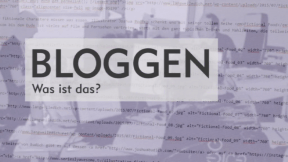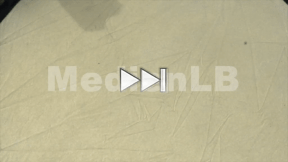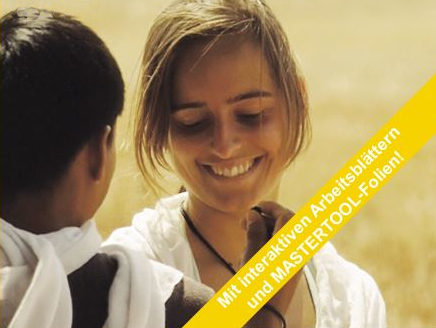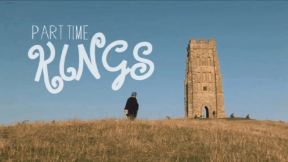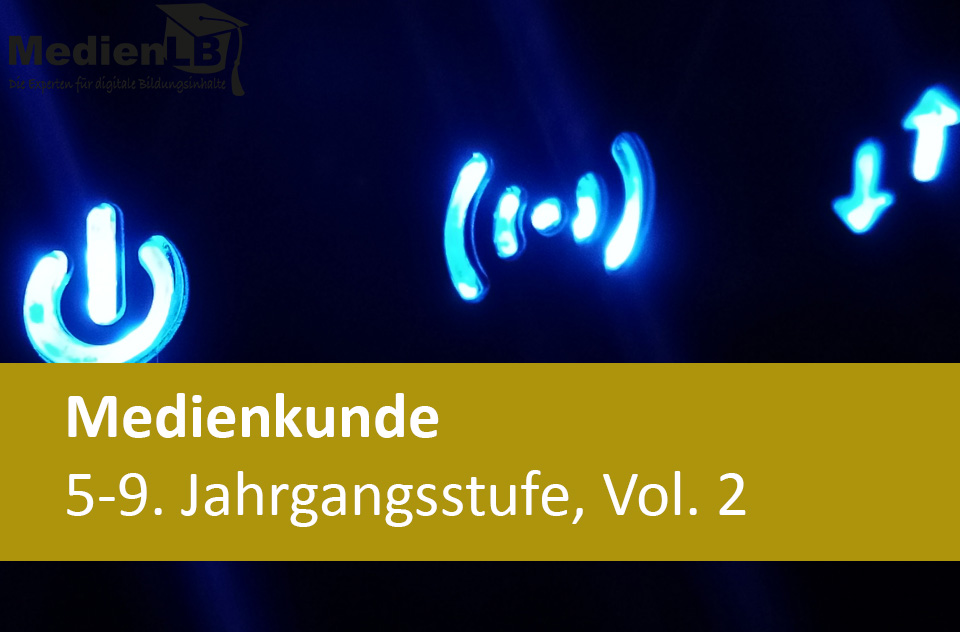
55503682
Print und Online
In unserem Arbeitsheft Medienkompetenz 5-9, Vol. 2 – Print und Online finden Sie 50 interaktive und didaktisch aufbereitete Aufgaben.
Das Medium bietet H5P-Aufgaben an, die ohne zusätzliche Software verwendbar sind. Das Medium enthält interaktive Videos und 50 H5P-Aufgaben zum Thema Medienkompetenz.
Durch interaktive Aufgabentypen wird das audiovisuelle und interaktive Lernen einfach.
Lernen macht jetzt Spaß!
Included Tasks
- 1. Medienkunde - Was ist das überhaupt?
- 2. Klassische und neue Medien
- 3. Von Gutenberg zum WWW - Zeitstrahl
- 4. Wie Medien kommunizieren
- 5. Meinungsfreiheit - Grundlage der Informationsversorgung
- 6. Pressefreiheit - Was sie bedeutet.
- 7. Ereignisse werden zu Nachrichten - Nachrichtenfaktoren
- 8. Standards für journalistisches Arbeiten
- 9. Medienwissen: Zwischenstand - Kreuzworträtsel
- 10. Das Internet und seine Entstehung
- 11. Seriöse Internetseiten erkennen
- 12. Was sind Clickbaits?
- 13. Fake News im Internet
- 14. Fake News im Internet - Interaktive Videos
- 15. Networking - Was ist das?
- 16. Big Data - Chance oder Risiko?
- 17. Internettrolle finden - Branching Scenario
- 18. Internet- und Computersucht - Interaktive Aufgabe
- 19. Was darf ich im Internet preisgeben?
- 20. Welche sozialen Medien gibt es?
- 21. Was sind Bots?
- 22. Kundenrezensionen - sinnvoll oder manipuliert?
- 23. Kettenbriefe
- 24. Internetchallenges - Herausforderungen im Internet
- 25. Filterblasen im Internet - der ewige Kreislauf
- 26. Datenschutz
- 27. Icebucket-Challenge und Co - Was steckt dahinter?
- 28. Finde die Wörter im Suchfeld (Thema Medienkunde)
- 29. Kreuzworträtsel (Thema Medienkunde)
- 30. Internetüberwachung
- 31. Cybermobbing
- 32. Phishing
- 33. Regulierungbedarf der sozialen Medien
- 34. Woher kommt Google?
- 35. Internetsucht
- 36. Woher kommt Facebook?
- 37. Unterwegs und abgelenkt?!
- 38. Was ist eine Cloud?
- 39. Datenschutz und Datensicherheit
- 40. Influencer auf Social Media
- 41. Was ist das Darknet?
- 42. Framing - die Formulierung macht's!
- 43. Vlogs - ein Videotagebuch im Internet
- 44. Bitcoin; Ethereum und Co. - was sind Cryptowährungen?
- 45. Künstliche Intelligenz - Fluch oder Segen?
- 46. Künstliche Intelligenz - Interaktive Videos
- 47. Deep Fake - was ist eigentlich noch echt?
- 48. Beauty-Filter auf Social Media
- 49. Was darf ich im Internet preisgeben?
- 50. Medienkunde - Glossar
Curriculum-centred and oriented towards educational standards
Matching
Blogging
The weblog or blog, for short, as a medium is not much older than this century. Blogs came into being in the World Wide Web as ’messages from below’, as web pages from web creators who wanted to share their view of the world with the world. They are short notes, long texts, pictures, videos, which are posted loosely and at random intervals to the world for an undefined public.





